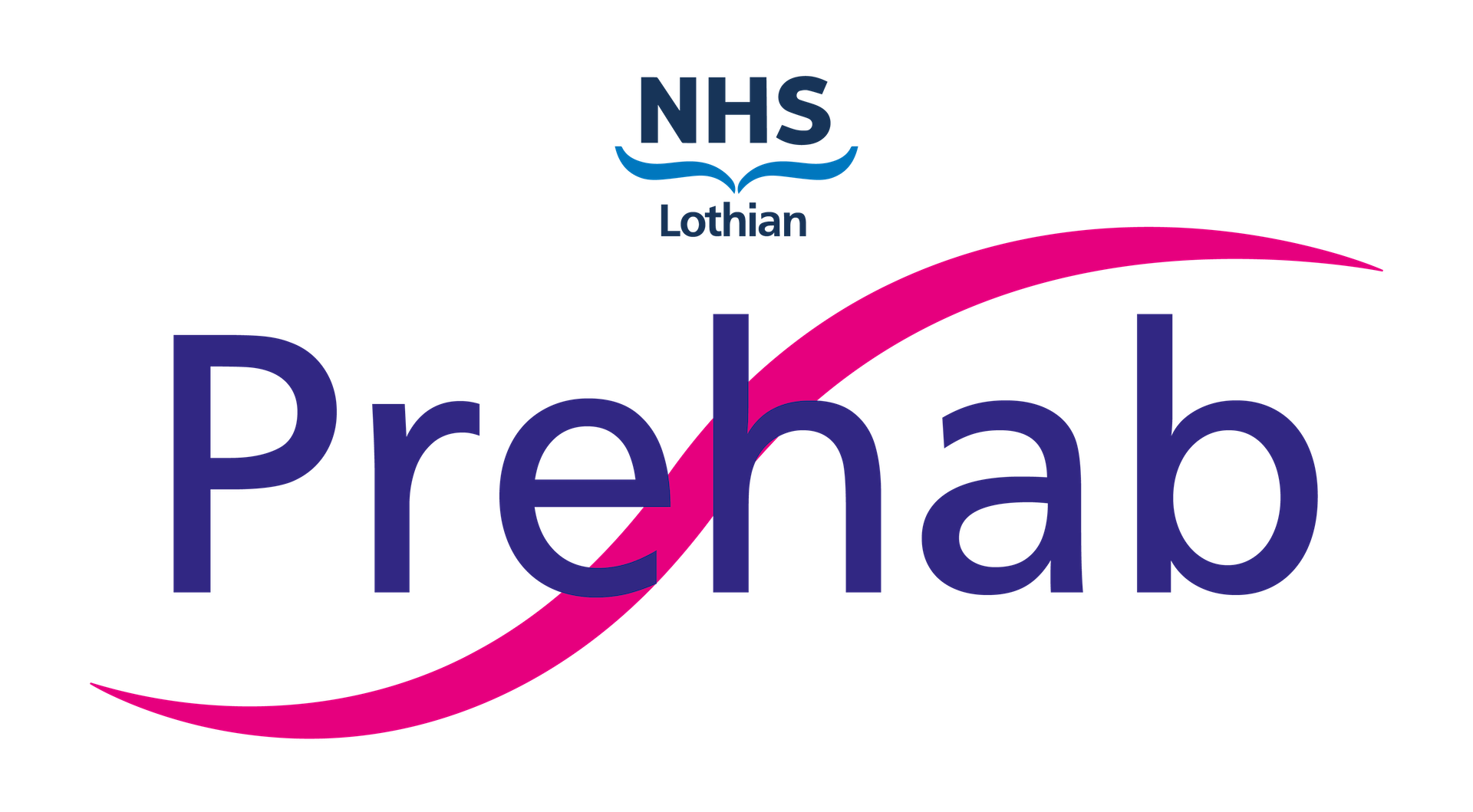Chronic alcohol excess heightens the stress response to surgery. This results in pathophysiological changes to organ systems leading to increased risk of perioperative complications.

Perioperative risk is related to intake, with a dose-response relationship appearing to exist between alcohol consumption and the incidence of postoperative complications. Risk is highest in patients with manifest features of organ damage and dependence.
Risk increases with a daily intake of 3 units or greater, meaning that patients with a low perceived consumption are at increased perioperative risk.

The period of abstinence required to see measurable improvements in complication rates is not clear and may be up to 8 weeks.
